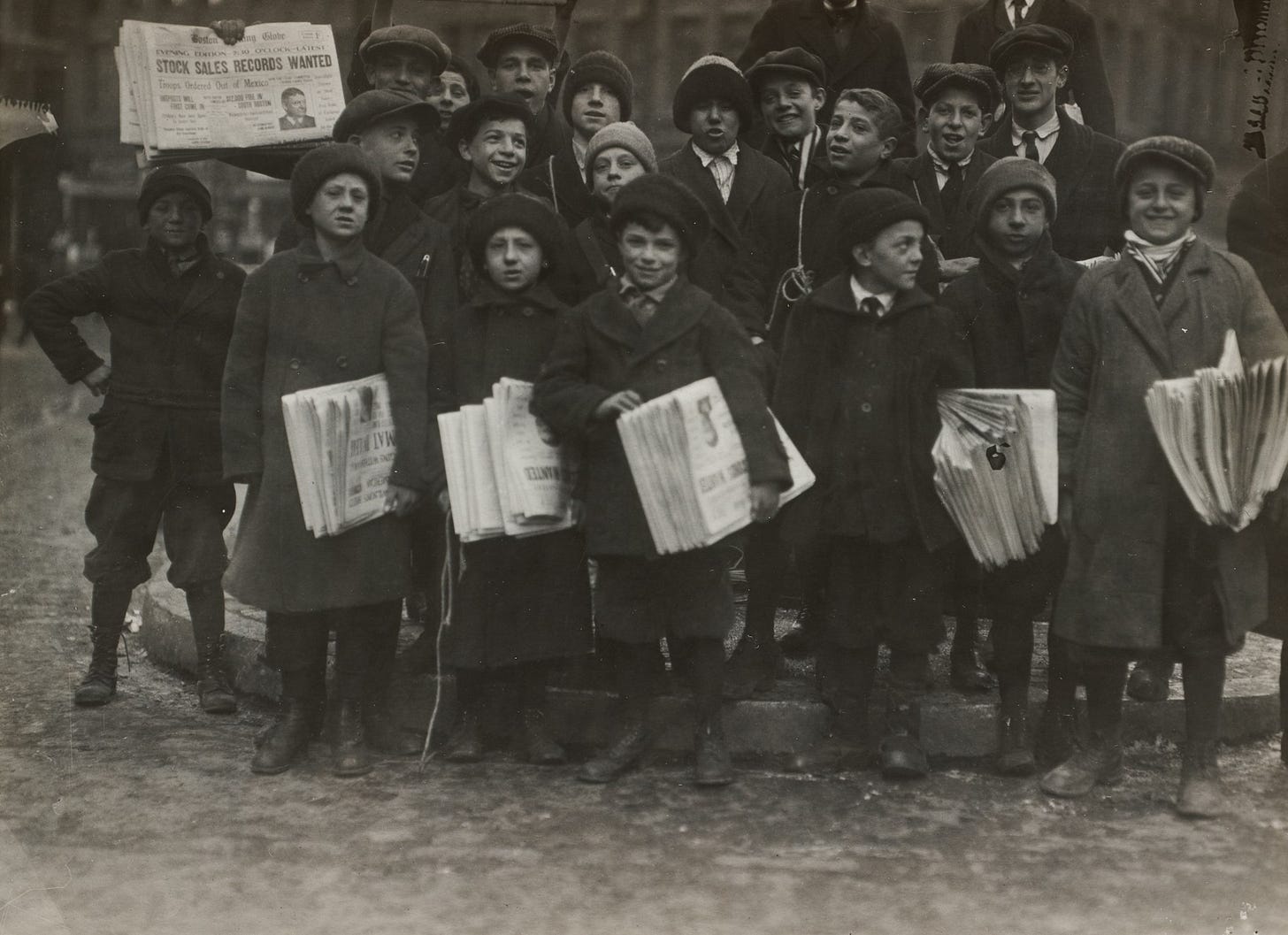Child Labor On the Rise

When I was a child, there weren't many things that I worried about.
Sure, I had my concerns about what I'd get for Christmas, or what book I should read before bed, and what my favorite color shirt was now that I was too old to think pink was cool.
But there weren't many big deals to little Sammy. We weren't well off, but my parents tried not to put the concerns of low finances on me, so I was fairly content.
I think that goes for the vast majority of people. When most of us think about childhood, we tend to associate it with a few different things.
School. Play. Toys. Games. Stuff like that.
We don't tend to think of words like paycheck, wages, employment, or workplace. At least, we didn't tend to think of those words while living in North America these past few decades.
Unfortunately, that's beginning to change. Child labor and exploitation has always existed, but according to numerous studies, it's been on a steady and global rise since the beginning of the Covid-19 pandemic.
Covid-19 Pandemic Fueling Child Labor
With a combination of worker shortages due to safety regulations, furloughs and even the shuttering of entire businesses, people were already feeling the pinch. Those who were previously in a decent financial state often found themselves devastated by the global shut down.
And then, on the heels of the pandemic, inflation struck. Those who were already in poverty were left with less than nothing, particularly in households where the adults fell ill and were unable to work.
Like I said before, I grew up on the lower rungs as far as money goes. We had good years and bad years. But one thing my parents always said was that I had to finish school before I was allowed to get a job. When I turned sixteen, I wanted one. They told me no, because they wanted me to be a kid for as long as I could.
We had the luxury of making that call. Many other people, especially during the pandemic, didn't.
When poverty rates rise, people become desperate to make ends meet. While the Covid-19 pandemic began a new push for worker's rights and sparked a precipitous rise in labor unionizing and strikes, it also triggered panic mode for many people who couldn't afford to stop working.
This was made considerably worse when some states began to loosen the laws that are supposed to protect children from exploitation and overwork.
Nobody Wants to Work Anymore? Hire Kids Instead
Since then, the rates of child labor have yet to drop again. Numerous organizations are working on solutions, especially in regions hit hardest by diseases like Covid-19 which can leave parents out of work long-term.
If a single mom has long Covid, what's her teenage son supposed to do? Highschool doesn't pay the bills.
Children and teens being forced to seek employment can wind up ruining their lives for years to come. A lack of education and the stress of workplace standards at a young age can be awful for future work opportunities, as well as mental and physical health.
Greater assistance for people trapped in economic hardship is one way to help curb this epidemic of child exploitation, and it never hurts to raise awareness of the issue by reaching out to those responsible for policy decisions.
Especially if elections happen to be coming up. Hint hint, Americans.
Given the immediate and urgent need for aid, this is a situation where donating to charity can also be helpful. There are great organizations out there that work specifically to help support poverty-stricken families.
Child Labour - Save the Children Canada
What we do
A third good charity is Children International. For some reason the link doesn't want to embed properly, but you can find them here: Sponsor A Child In Need | Children International | Sponsorship Charity For Kids
This is not an unsolvable problem. Child labor and poverty go hand in hand, and in working to alleviate one, we make great strides in treating the other. Knowing about the problem and choosing to take action is the first step on the road to making the world better in so many ways.
Solidarity wins.



